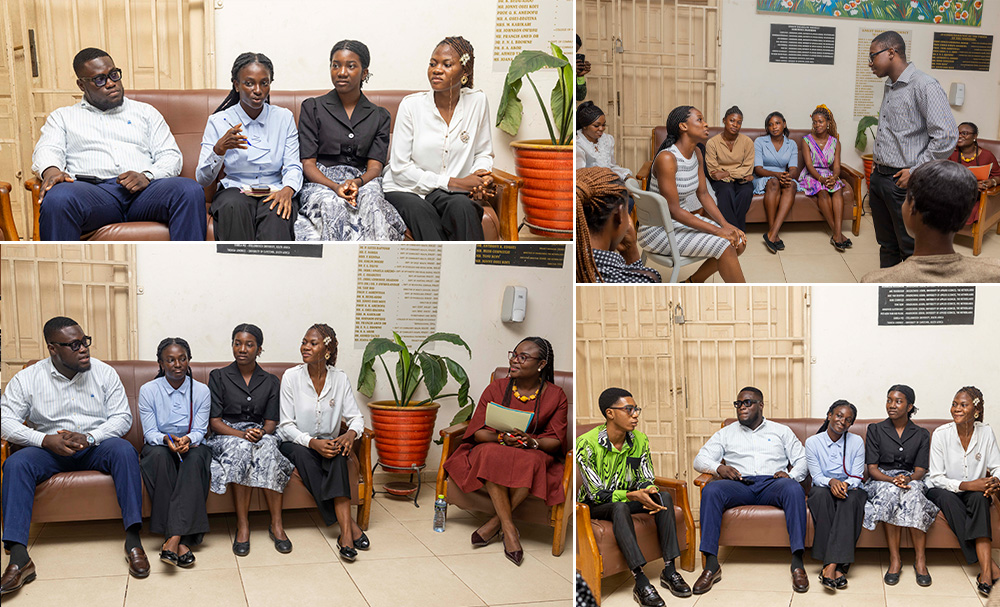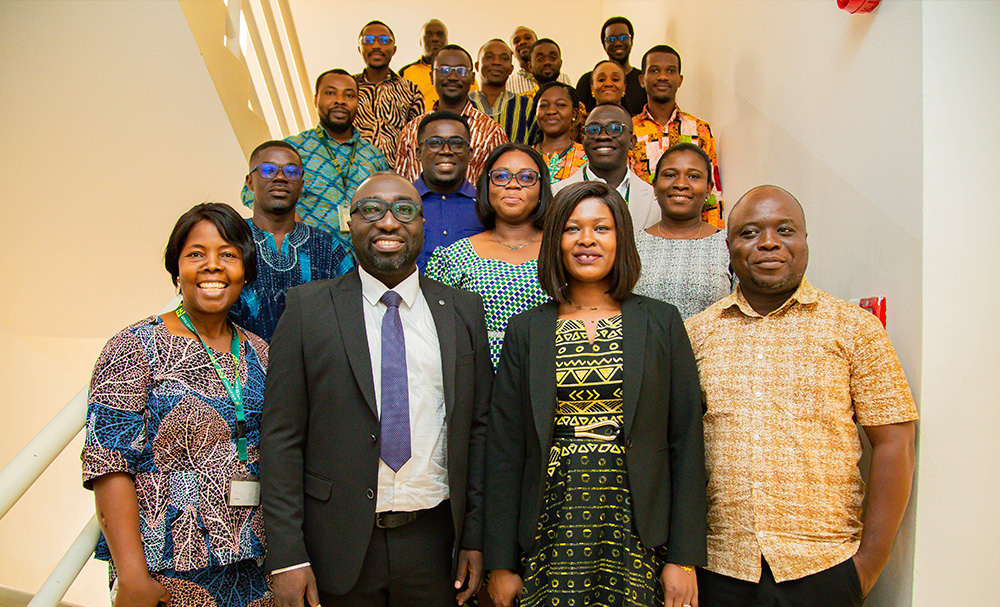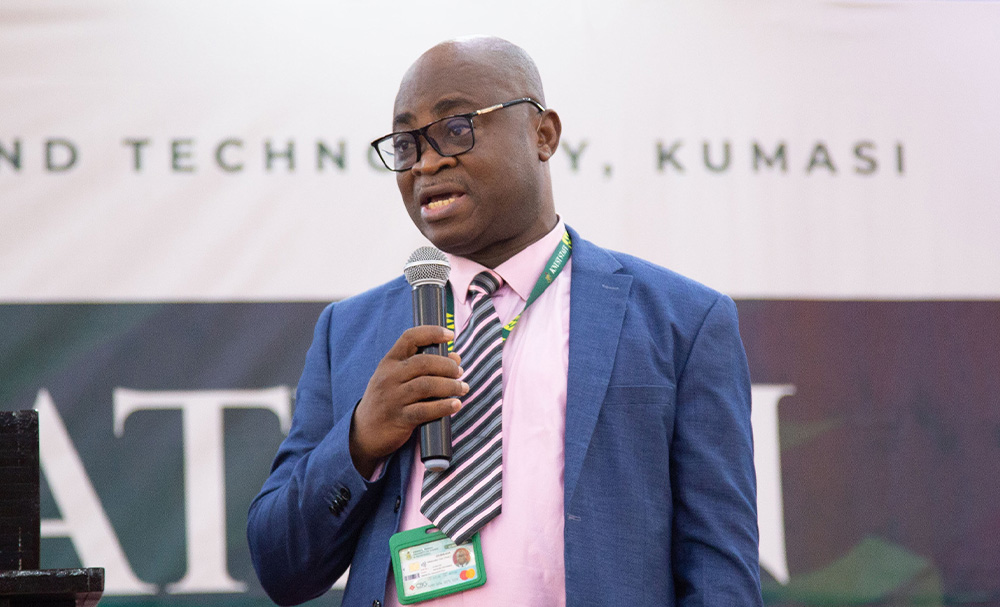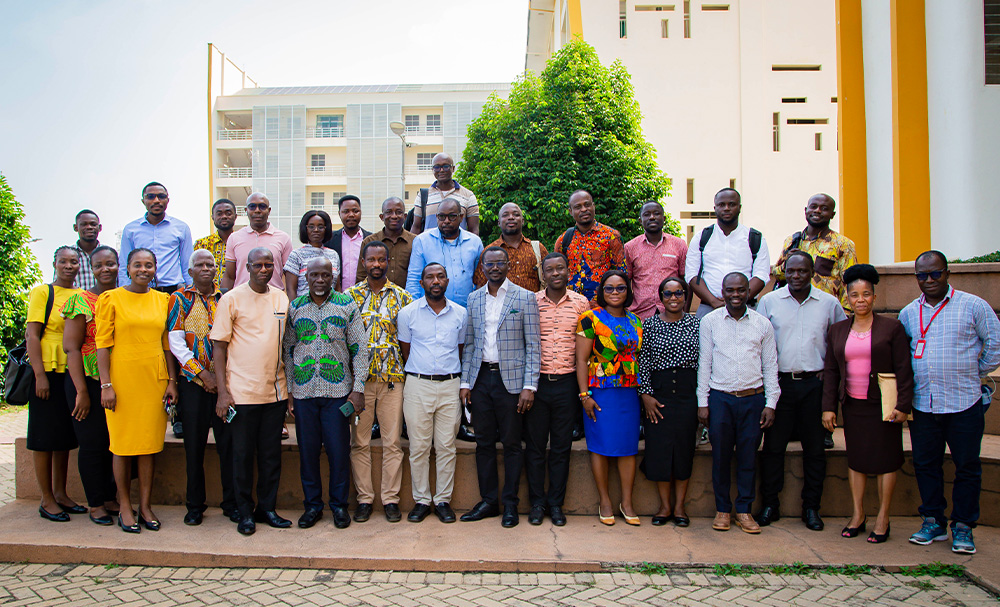Ghanaian Study Uncovers Resilience and Challenges of Dementia Caregivers

Unpaid family caregivers in Ghana reveal personal strategies for coping with the emotional and physical demands of dementia care
A groundbreaking study led by Precious Adade Duodu and colleagues from the University of Huddersfield and Kwame Nkrumah University of Science and Technology (KNUST) has shed light on how unpaid family caregivers in Ghana navigate the challenges of caring for relatives with dementia. Published in BMC Psychology (2024), the research offers an in-depth look at the emotional, spiritual, and ethical dimensions of caregiving in a context where formal support systems are limited.
Using a descriptive phenomenological approach, the study engaged 30 caregivers across eight healthcare facilities in the Ashanti Region through face-to-face interviews. Six major coping strategies emerged: empathy and perspective-taking, family support and cohesion, coaxing and pampering, humour and positive communication, spiritual support, and navigating ethical dilemmas.
One caregiver explained, “Sometimes I pass funny comments when I see her sad… and highlight that some other people’s situations are even worse than hers.” This illustrates how humour and emotional reframing help reduce distress. Others relied heavily on spiritual faith, accepting dementia’s progression as part of God’s plan—a perspective that offers strength amid uncertainty.
Crucially, the study reveals how Ghana’s strong kinship values provide both support and pressure. While some families rallied together financially and emotionally, others left the burden to a single caregiver. For many, caregiving also involved ethical struggles, such as confining a loved one indoors to prevent wandering—actions that, while protective, raise concerns about autonomy and human rights.
The study's findings have significant implications. The researchers call for targeted interventions including caregiver education, psychological support, and ethical training. Institutions like the Ghana Health Service and Alzheimer’s Ghana are urged to develop policies and programmes that empower family caregivers while safeguarding the rights of those with dementia.
This research is one of the first in Ghana to deeply explore the lived experiences of unpaid dementia caregivers, and it highlights the urgent need to recognize, support, and equip them, transforming compassion into structured care.
Read the full study at: https://doi.org/10.1186/s40359-024-01862-y









